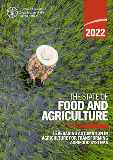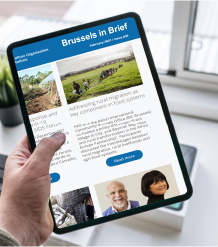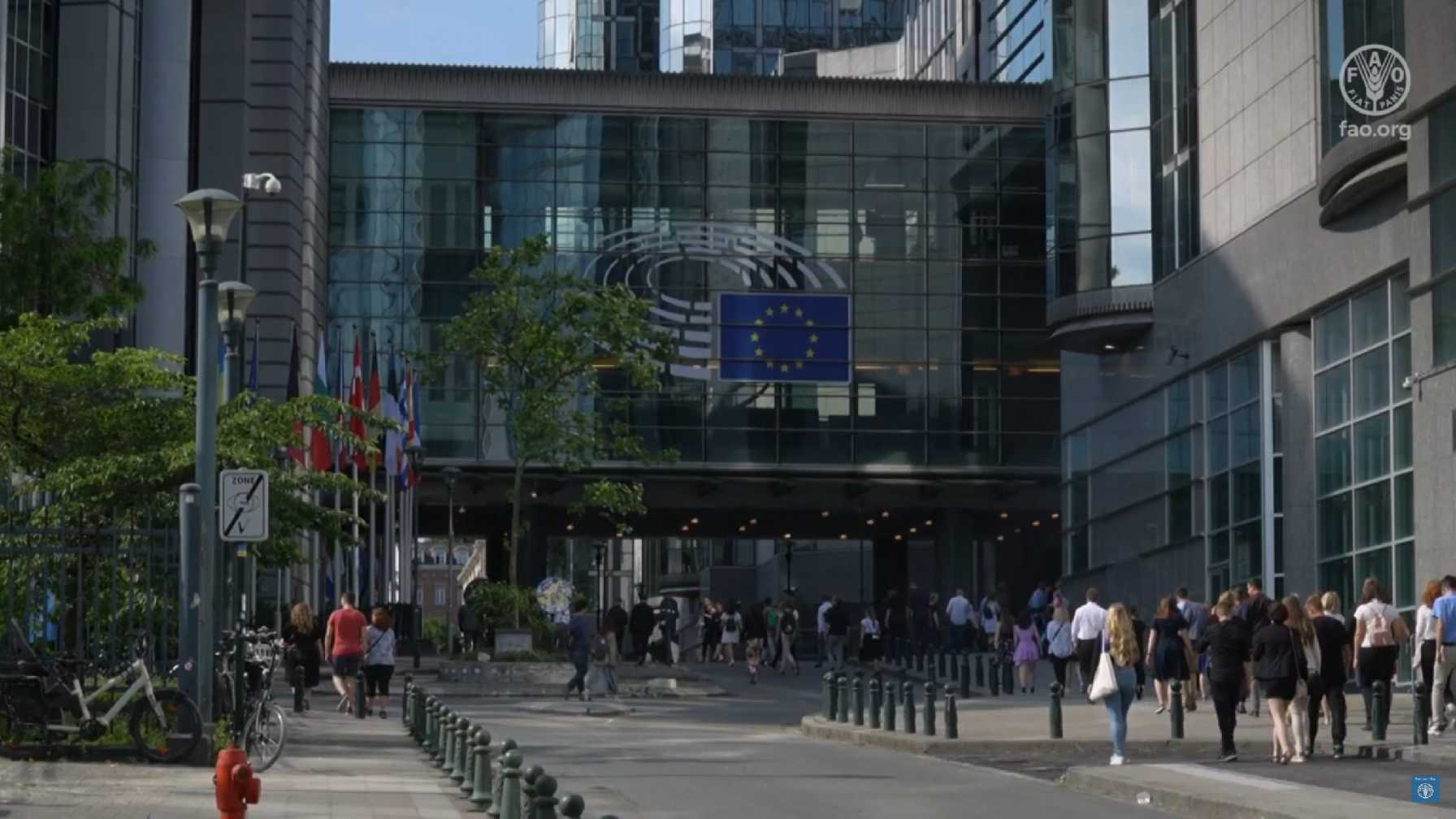Resources

Regional Overview of Food Security and Nutrition – Latin America and the Caribbean 2022
01/01/2023
Regional Overview present the regional food security and nutrition situation, including trends of undernourishment, food insecurity and all forms of malnutrition, together with other indicators that could help the understanding of the causes of hunger and malnutrition.

The State of Mediterranean and Black Sea Fisheries 2022
01/12/2022
The 2022 edition of the flagship publication of the GFCM, The State of Mediterranean and Black Sea Fisheries, provides an up-to-date overview of fisheries status, trends and governance in the region. Now in its fourth instalment, the publication updates the findings from previous editions while analysing emerging issues in the fisheries sector, including the effects of management plans.

World Food and Agriculture – Statistical Yearbook 2022
01/12/2022
This publication offers a synthesis of the major factors at play in the global food and agricultural landscape. Statistics are presented in four thematic chapters, covering the economic importance of agricultural activities, inputs, outputs and factors of production, their implications for food security and nutrition and their impacts on the environment.

FAO and the Sustainable Development Goals: Achieving the 2030 Agenda through empowerment of local communities
17/11/2022
The Sustainable Development Goals (SDGs) belong to all of us. But amid resurgent conflict, climate havoc, and social and health crises, we risk losing sight of them. Even so, they represent our best shot at a better future for people and planet. This publication shows how FAO and partners continue to work for the achievement of the SDGs, project by project, field by field, and country by country.

The State of Food and Agriculture 2022: Leveraging automation to transform agrifood systems
02/11/2022
The State of Food and Agriculture 2022 looks into the drivers of agricultural automation, including the more recent digital technologies. Based on 27 case studies, the report analyses the business case for adoption of digital automation technologies in different agricultural production systems across the world. It identifies several barriers preventing inclusive adoption of these technologies, particularly by small-scale producers. Key barriers are low digital literacy and lack of an enabling infrastructure, such as connectivity and access to electricity, in addition to financial constraints. Based on the analysis, the publication suggests policies to ensure that disadvantaged groups in developing regions can benefit from agricultural automation and that automation contributes to sustainable and resilient agrifood systems.

Legislative developments and challenges in the time of COVID-19
01/11/2022
Evidence shows that the improvement in food and nutrition security is mostly due to policies, programs and frameworks that are anchored in legislation. Parliamentarians play a key role in promoting and approving laws and policies to eradicate hunger and malnutrition.

Partnerships with Non-State Actors at FAO: Progress Report 2020-2021
01/10/2022
Throughout 2020–2021, the Partnerships and UN Collaboration Division continued to facilitate FAO’s engagement with NSAs, specifically: civil society organizations (CSOs) , cooperatives, producers’ organizations, parliamentarians, Indigenous Peoples and academia and research institutions (ARIs). This report demonstrates FAO’s achievement in developing partnerships with a wide range of NSAs.

The European Inland Fisheries and Aquaculture Advisory Commission
21/09/2022
Did you know that FAO established 65 years ago a commission to promote sustainable inland fisheries in Europe?
Today the European Inland Fisheries and Aquaculture Advisory Commission (EIFAAC) consists of 33 Member countries and the European Union.
EIFAAC has proven its use in generating advice for policy makers and managers in inland fisheries and aquaculture.
This new brochure shows you EIFAAC’s work and its capacity to bring together fisheries scientists and managers from all over Europe.

Previous newsletters
2024: January
2023: January, February, March, April, May, June, July, October, November
2022: January, February, March, April, May, June, July, September, October, November, December
2021: January, February, March, April, May, June, July, September, October, November, December
2020: January, February, March, April, May, June, July, September, October, November, December
2019: January, February, March, April, May, June, July, September, October, November, December
2018: April, May, June, July, September, October, November, December



